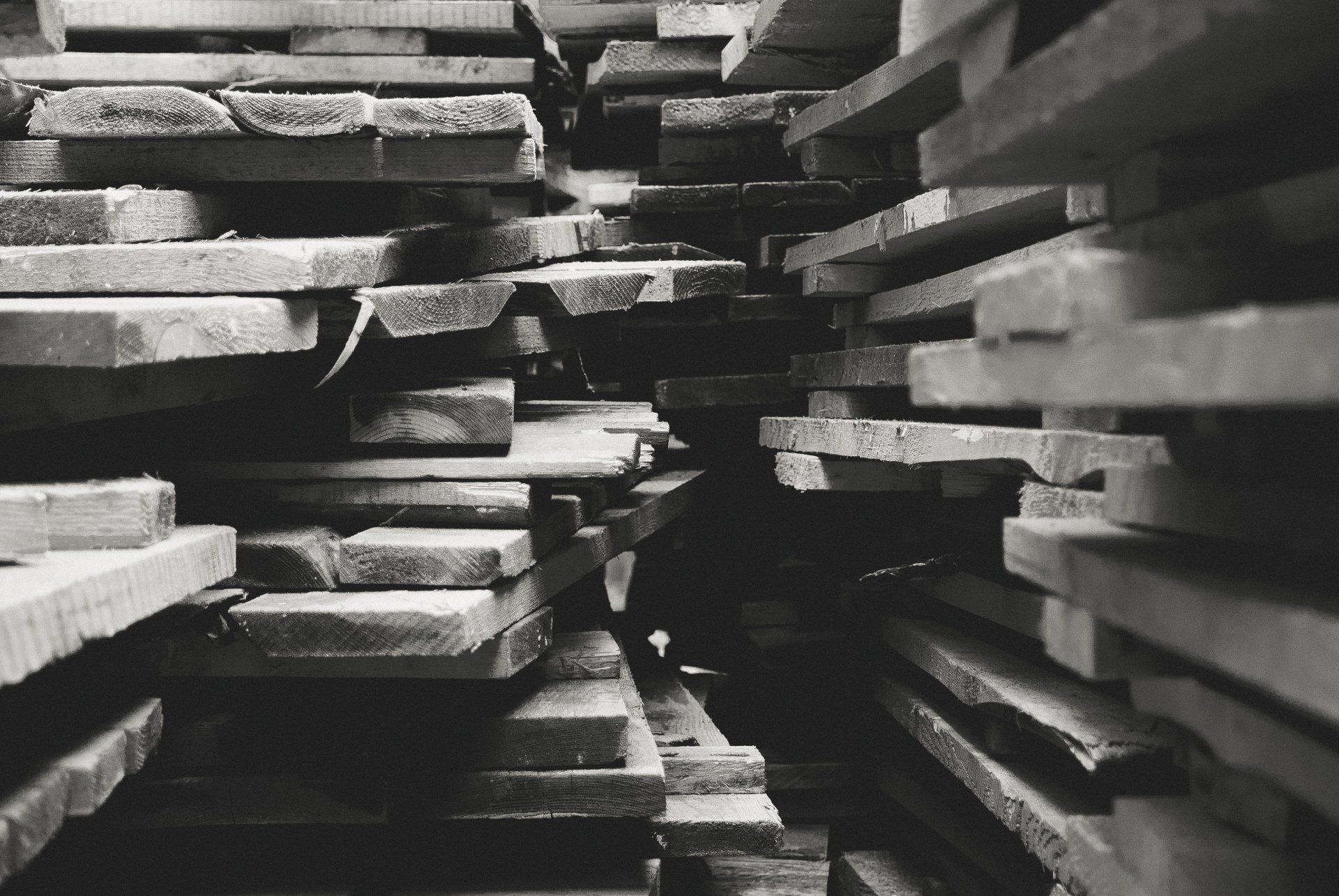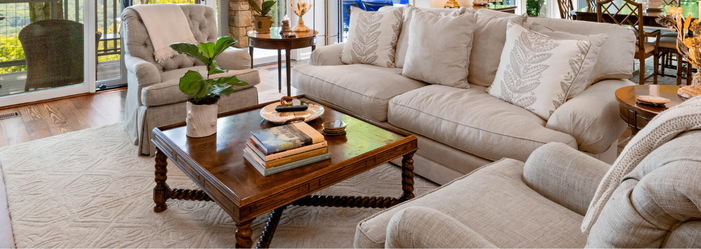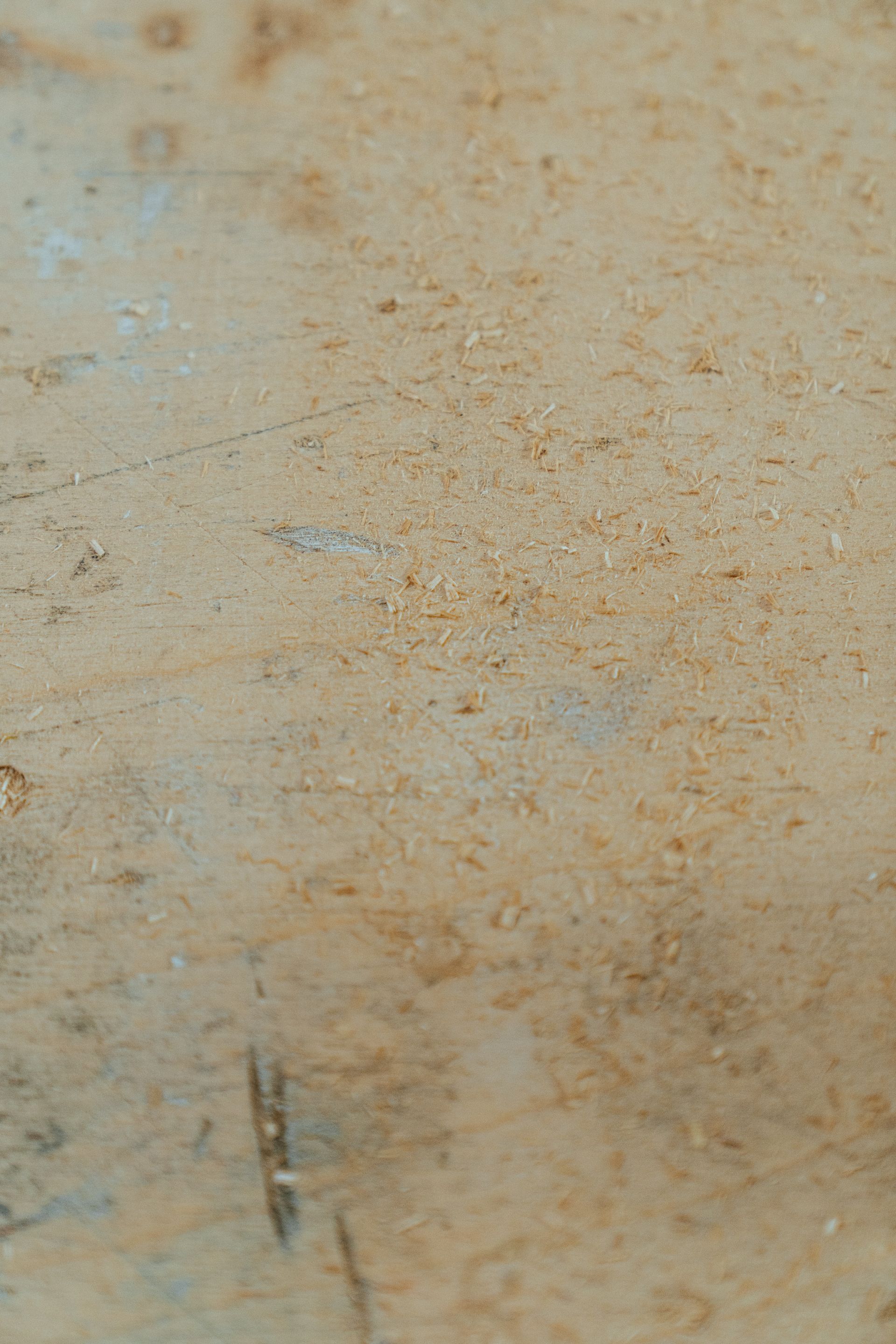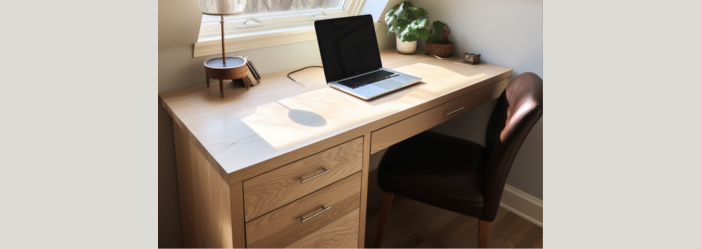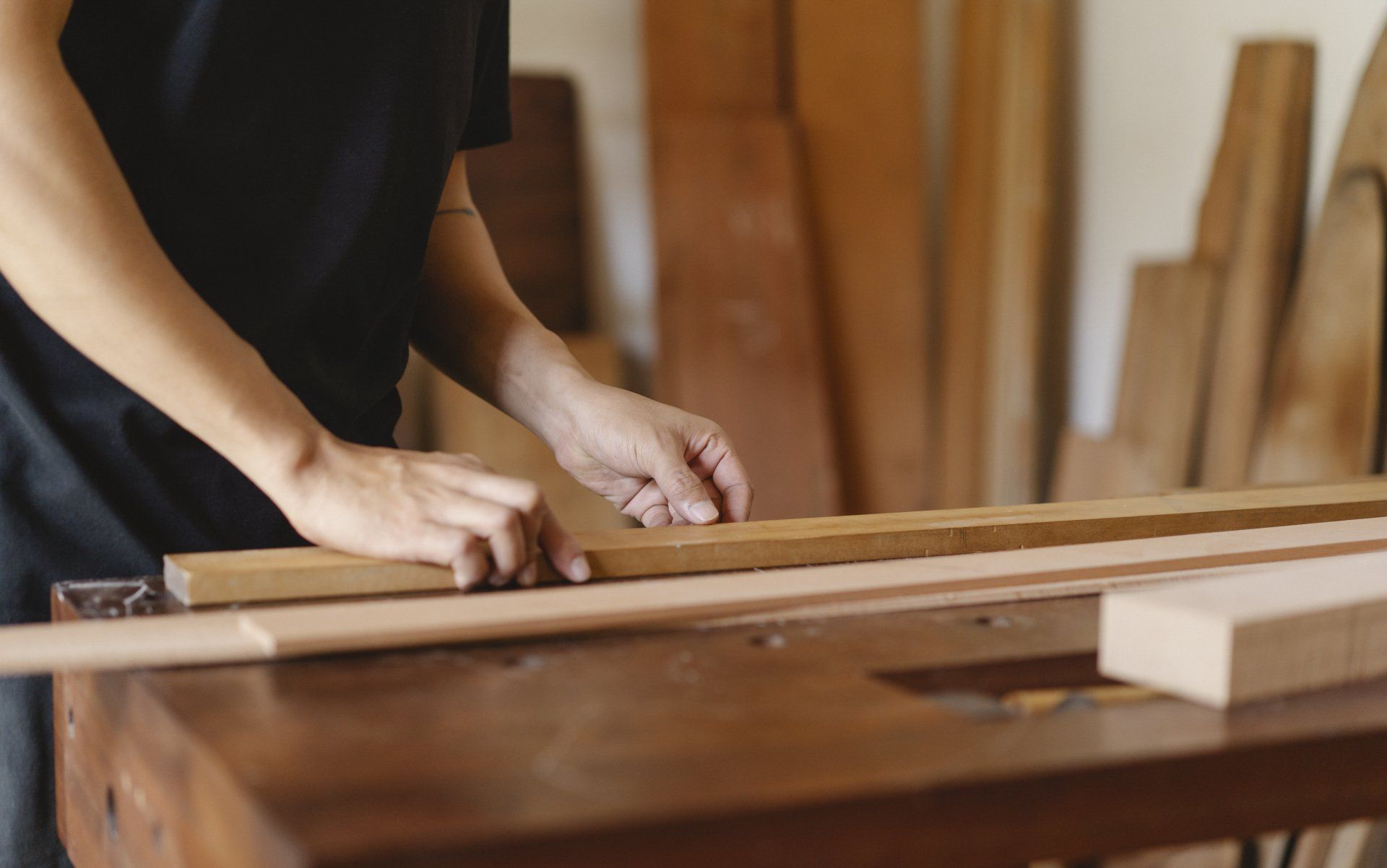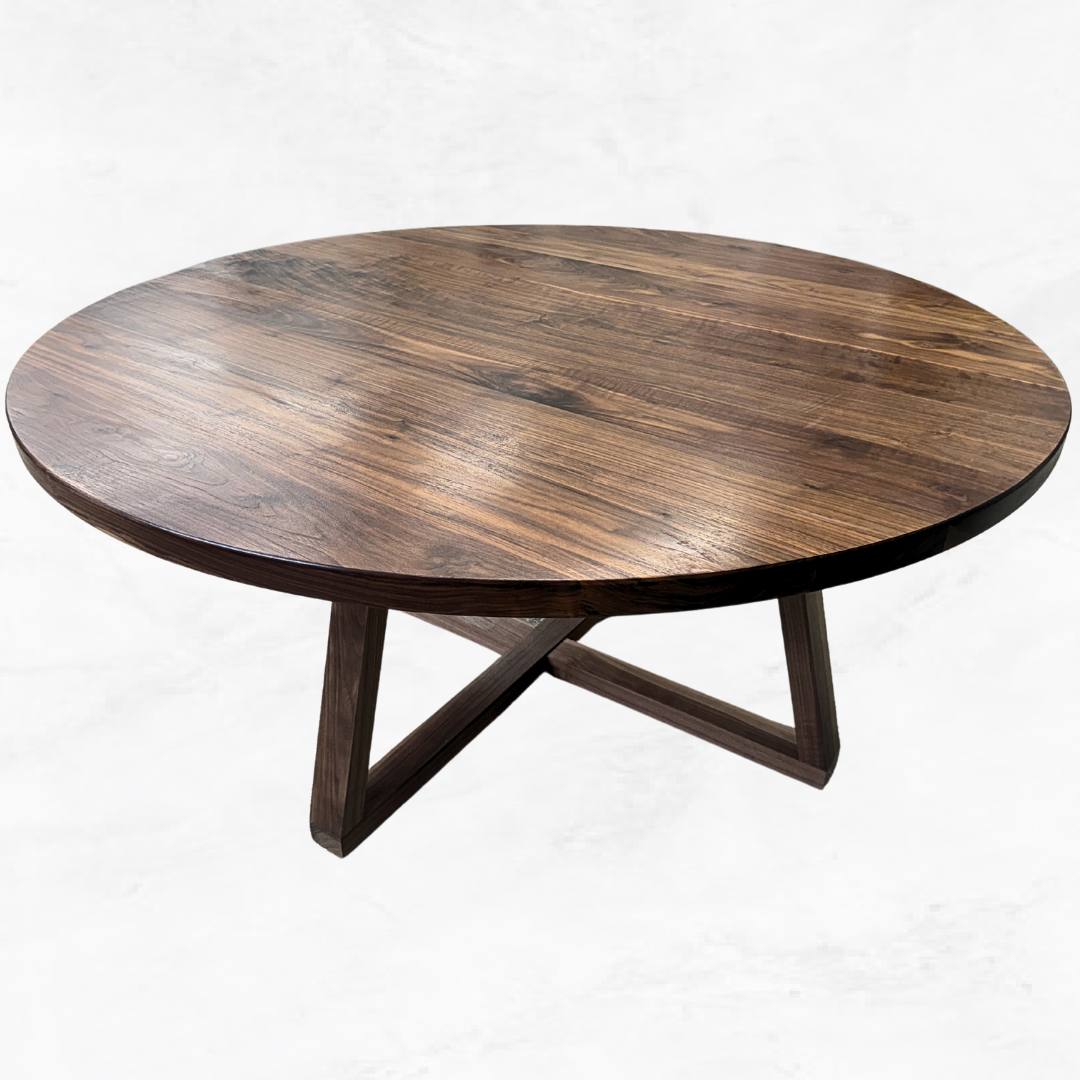The Environmental Impact of Custom Woodworking vs. Mass Production
Why Bespoke Furniture is the Eco-Friendly Choice

In an era of mass production, it's essential to understand the environmental impact of our purchasing decisions. This blog post will compare the environmental footprint of custom woodworking with that of mass-produced furniture, highlighting why bespoke pieces are the eco-friendly choice.
1. The Carbon Footprint of Mass Production:
- High Energy Consumption: Mass production involves significant energy use for machinery, factories, and transportation.
- Emissions from Manufacturing: Large-scale factories often produce higher emissions compared to small workshops.
- Global Transportation: Mass-produced furniture is often transported over long distances, contributing to greenhouse gas emissions.
2. The Sustainable Practices of Custom Woodworkers:
- Local Craftsmanship: Custom woodworkers typically operate locally, reducing the carbon footprint associated with transportation.
- Energy Efficiency: Small workshops use less energy overall and may employ energy-efficient practices and tools.
- Environmental Stewardship: Artisans are often more mindful of their environmental impact, taking steps to minimize waste and use sustainable materials.
3. The Lifecycle of Furniture:
- Longevity of Custom Pieces: Bespoke furniture is designed to last for generations, reducing the need for replacements and the associated environmental impact.
- Planned Obsolescence of Mass Production: Many mass-produced pieces are designed for short-term use, leading to a cycle of frequent replacements and increased waste.
4. Material Choices and Environmental Responsibility:
- Sustainable Wood Sources: Custom woodworkers prioritize sustainable and responsibly sourced wood.
- Low-Waste Production: Artisans focus on minimizing waste and utilizing materials efficiently.
- Eco-Friendly Finishes: Non-toxic, natural finishes are often used in custom woodworking, reducing environmental pollution.
Custom woodworking offers a more sustainable alternative to mass-produced furniture. By choosing bespoke pieces, consumers can reduce their environmental footprint and support practices that prioritize the planet's well-being.

